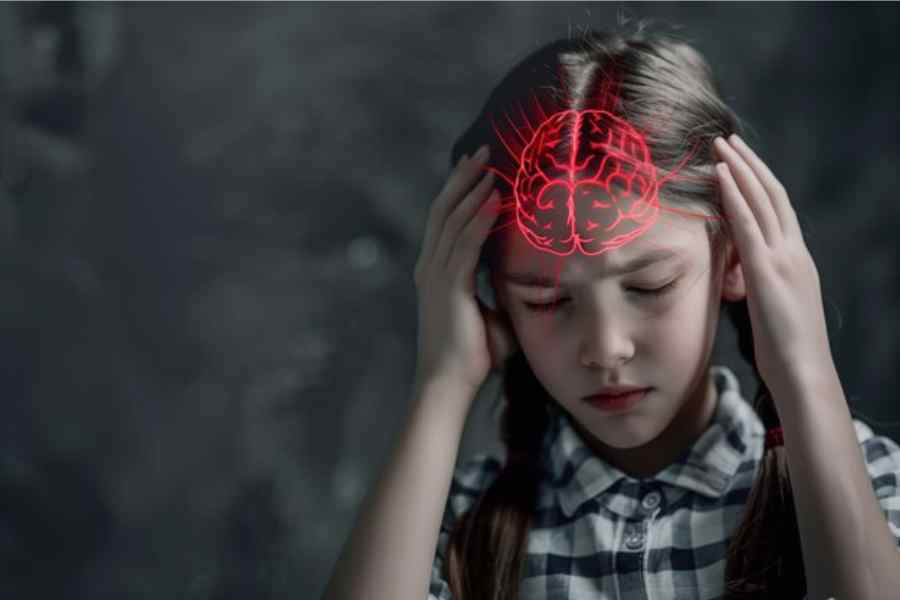
by Rehab Modalities | Oct 9, 2024 | Neuro Robotics
“Essential Guide for Caregivers of Migraine Patients”, providing caregivers with insights into migraine management, triggers, and coping strategies. It offers practical tips for supporting individuals during migraine attacks and fostering effective...

by Rehab Modalities | Oct 7, 2024 | Neuro Robotics
Engaging in sports and games promotes physical fitness, crucial for maintaining brain health and reducing the risk of neurological disorders. Regular physical activity enhances cognitive function, improves mood, and supports neuroplasticity, all contributing to...

by Rehab Modalities | Oct 5, 2024 | Neuro Robotics
What is ADHD? ADHD, or Attention-Deficit Hyperactivity Disorder, is a neurodevelopmental disorder characterized by persistent patterns of inattention, hyperactivity, and impulsivity. These symptoms can lead to difficulties in various areas of life, including...

by Rehab Modalities | Oct 3, 2024 | Neuro Robotics
Childhood trauma can significantly alter brain pathways, impacting emotional regulation, stress response, and cognitive function. Early adverse experiences may lead to heightened sensitivity in the amygdala, increasing anxiety and fear responses. Additionally, trauma...

by Rehab Modalities | Oct 1, 2024 | Neuro Robotics
Our ‘Everyday habits’ play a crucial role in maintaining brain health, yet some common behaviors can unintentionally harm our cognitive well-being. From sleep patterns to dietary choices, these habits can accelerate cognitive decline and increase the risk of...






